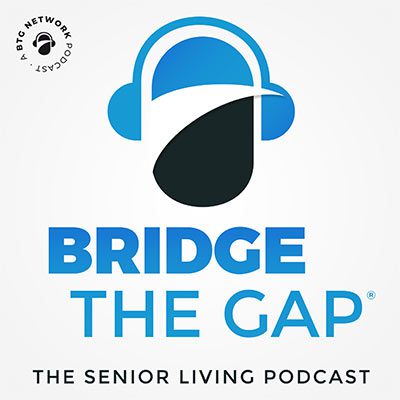Support your local Food Bank
Supporting food banks helps to ease hunger and food insecurity in communities by providing access to nutritious food for individuals and families in need. Food banks also serve as a safety net for those facing unexpected financial challenges, such as job loss or medical emergencies. Supporting food banks can help to reduce food waste by rescuing and distributing food that would otherwise go to waste. Overall, supporting food banks is an important way to help address hunger and food insecurity, and to support those in need within our communities.
What is the best way to support a local food bank?
There are several ways to support a local food bank. Some of the best ways include:
Donating food: Food banks always accept non-perishable food items, such as canned goods, cereal, and pasta.
Donating Money. Monetary donations can purchase food and supplies, as well as help with the cost of operating the food bank.
Volunteer. Volunteering at a local food bank is a great way to give back to the community, help sort and package food, and assist with distribution.
Advocating. Advocating for policies that address the root causes of food insecurity, such as increasing access to Education, healthcare, and affordable housing, can also be a powerful way to support your local food bank.
Hosting a food drive. Hosting a food drive in your community is a great way to collect non-perishable food items and bring awareness to food insecurity in your area.
It’s also worth noting that different food banks have different needs and preferences, so it’s best to check with your local food bank about what they need specifically, and how you can best help them.
Originally Published on https://boomersnotsenior.blogspot.com/

























